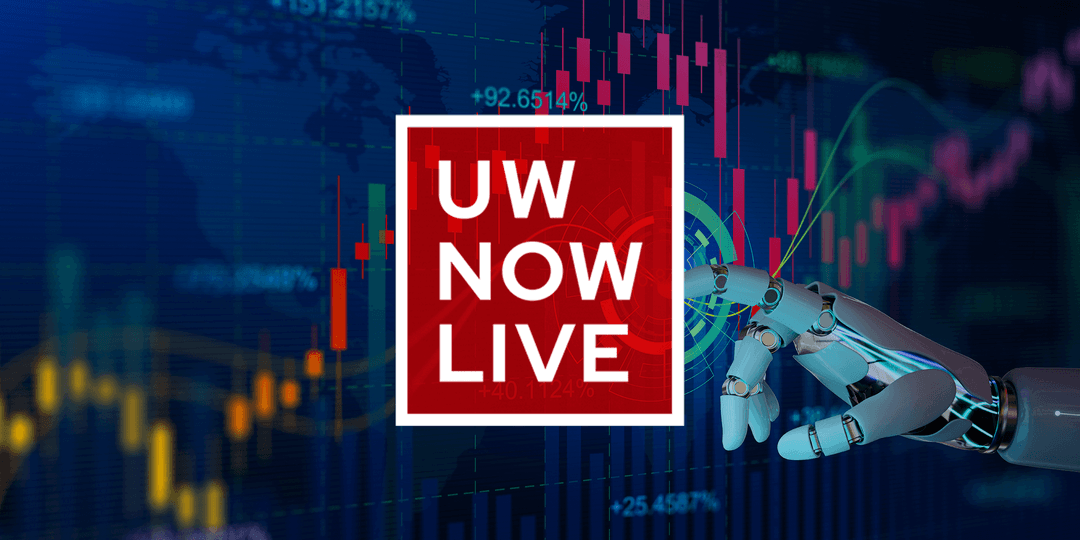The Trump administration has been in office for a little more than six months, and according to economist Mike Knetter, it has been unusually active in its economic policies — really, “unprecedented in terms of the number of changes that have been introduced in a fairly short period of time,” Knetter notes. “Obviously I think these policies are intended to have very long run impacts on the economy, and obviously the administration thinks they will be positive.”
Those efforts have included cuts to government staffing, an extension of tax cuts, advocating the Federal Reserve for cuts in interest rates, a crackdown on immigration, and most notably, a steep increase in tariffs for almost all imports.
Help us ensure the UW remains an affordable, world-class institution and engine of innovation for generations to come.
Make a GiftIn late July and early August, economic data began arriving that have cast doubt on whether the impact of “Trumponomics” will be positive: GDP growth is slowing compared to 2024, job growth has slowed, and prices are beginning to rise. On August 5, the UW Now Live brought UW economists Menzie Chinn and Lydia Cox to discuss those data points and interpret the likely effect of the Trump administration’s plans on the economy. Knetter, who is the former CEO of the Wisconsin Foundation and Alumni Association and former dean of the Wisconsin School of Business, moderated the conversation.
Chinn talked about the “amazing, strange times” that have gripped the economy in 2025. “What we thought was a strong economy is now looking a bit lackluster or struggling,” he said. And though President Trump has cast doubt on the veracity of economic data, “nobody who’s credible believes that the numbers are rigged.”
As the effects of the tariffs increase, they could further damage the national economy. “You can see a bunch of things that could push the economy from what's still growing in some components, some areas, into something that’s going in a tailspin,” said Chinn.
Cox reminded viewers that although the tariffs are levied on goods from foreign countries, it’s American consumers who pay those taxes. “Import prices haven’t fallen since the tariffs were imposed,” she said. “That tells us that it’s not the foreign countries that are paying for these tariffs.�”
She noted that inflation has been lower than many economists expected, but she added that she believes prices will soon rise. “A couple of facts helped keep a lid on prices,” she said, “but these things aren’t going to keep a lid on prices going forward.” First, many tariffs were initially postponed; second, many companies stockpiled imported goods before tariffs went into effect; and third, many firms absorbed price increases, hoping tariffs would be eliminated. None of these conditions is sustainable over a long term.
“Producers are likely going to start passing those costs onto consumers,” Cox said, “because most businesses just don’t have the margins to absorb these 30 percent and higher increases in costs in perpetuity.”
Knetter, Chinn, and Cox then answered questions from viewers, covering how labor statistics are gathered, why businesses can’t absorb tariffs without raising prices, and what is included in the administration’s trade deals with foreign governments.
“Obviously it’s middle innings, and maybe Trumponomics will turn out to be fantastic,” said Knetter. “We’ll see. But it’s certainly an interesting time and a big experiment, and the data is unfolding as we speak.”


